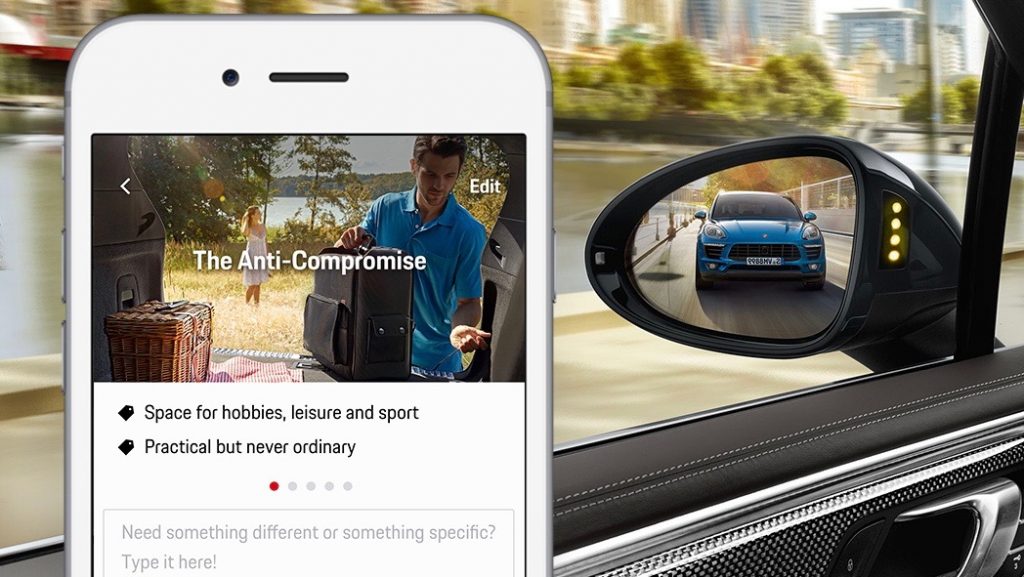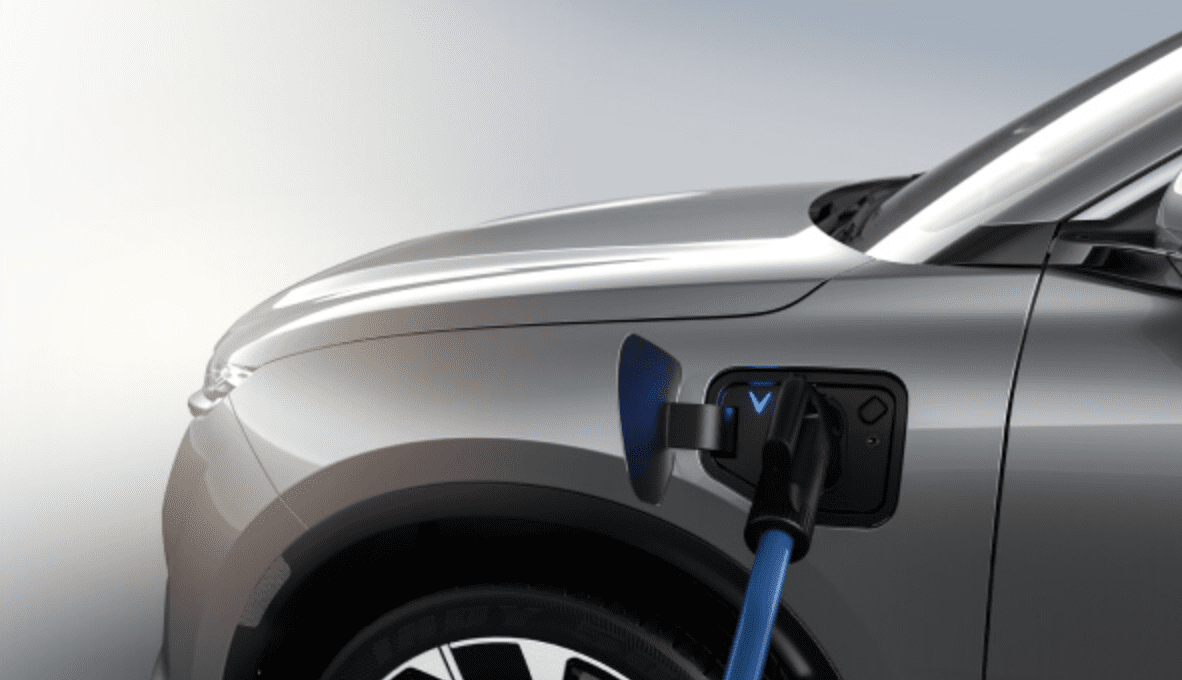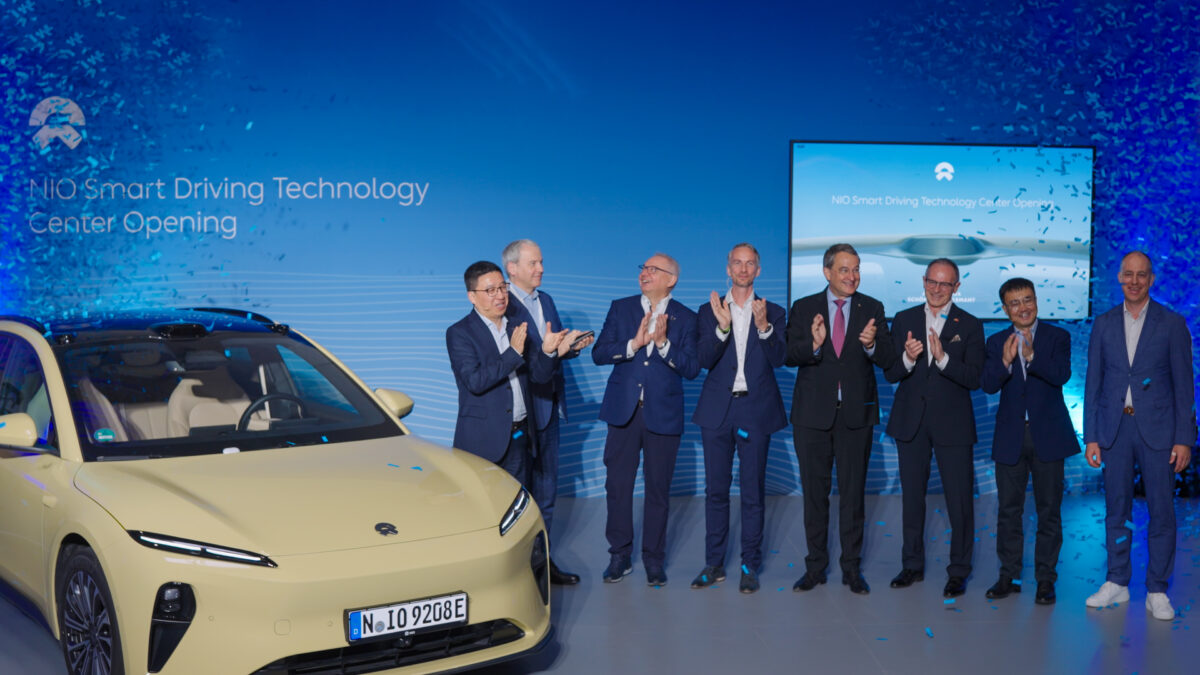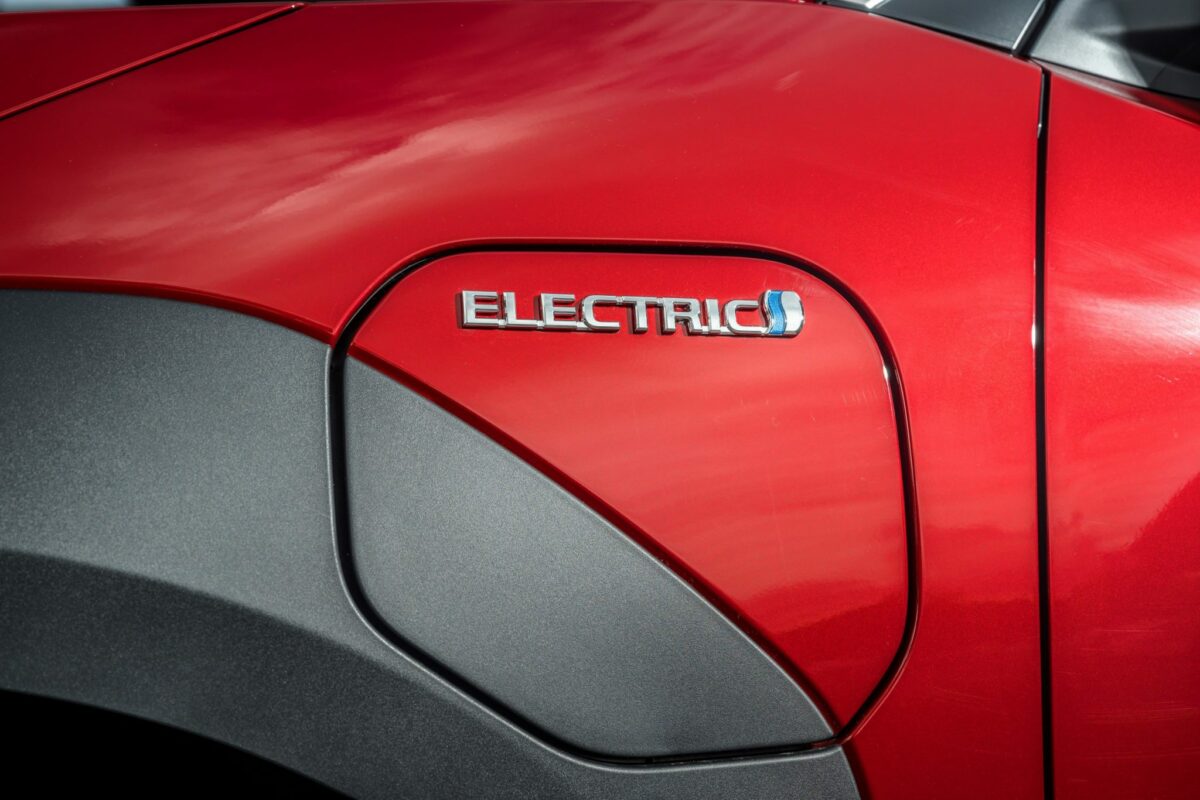There’s something truly unique about the relationship people have with their cars. From the freedom-imbuing hot hatch to the family-trip SUV, cars are more than just a medium of transportation. And automotive brands play a huge part in forging that relationship. Today, customers are fiercely loyal advocates for their car brands.
In the current automotive landscape, OEMs and dealerships are continuously improving vehicle technology whilst adapting their buying processes to meet swiftly changing customer needs. As customer expectations are skyrocketing, brands need to shift their customer experience (CX) strategy up a gear. In that light, it is essential to bear in mind some of the trends currently impacting the automotive market, as well as the steps brands can take now to prepare for the evolving future.
Auto is becoming more digital
Digitalisation has been relatively slow in auto, compared with industries such as healthcare, retail, finance, and travel. Most buyers have no option from their car brand of choice but to still go through the traditional dealership route when they buy a car, despite the COVID-19 pandemic accelerating digital adoption for virtually all industries.
Sustainability is an important differentiator for auto brands, and it engages many people on an emotional level
More recently, the advent of virtual product launches, at-home test drives, and attempts to move deeper into e-commerce are all contributing to a new frictionless customer experience in the automotive sector, merging the online and dealership experience into one. Additionally, vehicle technology is advancing rapidly, while in-car assistance, entertainment, and navigation are improving all the time. Recent partnerships between auto brands and tech companies are also paving the way for further digitalisation in the industry. Whether it’s Ford and Google reinventing the connected car experience, Honda and Sony creating a new era of mobility, or Stellantis and LG working together on the next generation of electric vehicles, we’re likely to see more of these partnerships emerging in the immediate future.
Digitalisation seems to be fuelling the future of automotive, and with customer expectations sky-high, it is primordial to have the right digital and data foundations in place to create lasting client relationships.
Changing attitudes to vehicle ownership
Society is moving toward subscription-based services. Whether it’s cinema subscriptions, grooming products, TV streaming platforms or meal box deliveries, almost anything can be accessed for a monthly fee, and car purchasing is following a similar pattern.
In an uncertain financial climate, car buyers are more hesitant to make large up-front purchases that tie up significant capital and are instead looking for shorter-term arrangements, for example vehicle leasing models, without a major financial commitment.
Even though the subscription market is still fairly small, brands should be ready for it to grow quickly, especially in an ever-changing economic landscape. Taking a step towards adopting this business model means brands must continually stay connected with customers to ensure they not only remain top of mind, but that their offering is meeting changing customer needs at any point in time.
The rise of climate conscious drivers
Another dimension for automotive brands is increasing environmental awareness and a demand for sustainability. Eco-friendliness is at the forefront of modern economies, and sectors ranging from fashion and electronic consumables through to hospitality and pet foods are shifting their environmental approach to cater for customer asks.
This causes a particular challenge in an industry perceived as one of the major contributors to climate change. Sustainability is an important differentiator for auto brands, and it engages many people on an emotional level.

Auto companies must respond to increasing environmental awareness and a demand for sustainability. Electric vehicles are the obvious choice, with brands such as Tesla leading the way, but there are also other areas to consider in showcasing a brand’s sustainability credentials. From climate-neutral manufacturing using renewable energy, to responsible sourcing of sustainable materials, even down to replacing paper brochures with downloadable alternatives—these areas can demonstrate sustainability in a practical sense.
Driving loyalty with data
The key lesson from these evolving trends is that auto brands must understand the changing needs and wants of customers if they are to deliver exceptional experiences that drive emotional connections, build lasting relationships and maintain loyalty.
Brands can take three key steps. First, they need to connect the whole journey. Automotive marketing tends to focus on driving high-value behaviours, but these events are often viewed in isolation with little understanding of what comes before or afterwards. Brands need to zoom out and connect every touchpoint along the customer journey to gain a more holistic view and understanding of customer behaviour.
In the instance of the auto sector, the research and investigation process which takes place online sometimes spans over several months before a showroom visit is made. Understanding what comes before high-value behaviours like booking a dealer visit can help brands better understand what leads customers to act.
Second, brands need to build out first-party data. The use of data and identity solutions remain a critical avenue for brand awareness and relationship building with customers. It is essential to form a better understanding of people’s real-time needs for an optimised customer experience. With rich first-party data, auto brands can better understand people’s individual situations, their life stage, and their propensity to take a particular course of action. It allows them to engage in consistent, personalised interactions at the right time and build strong relationships with customers.
Third, brands must consider the value exchange. To effectively build out first-party data strategies, brands not only need to obtain data lawfully and ethically but also need to gain data trust and demonstrate that sharing personal information is worthwhile. As people become savvier about data use, that doesn’t mean all of them are willing to share their personal information. Research by Acxion and the Global Data and Marketing Alliance reveals that more than half of people are happy to exchange data with businesses if they see a clear benefit. It is then up to the business to consider the data value exchange and offer relevant incentives such as personalised services or access to exclusive events, especially in a sector in which financial discounts are unlikely to be effective.
A necessary CX gear change
In a continuously evolving market, auto brands need to understand what their customers want and use that knowledge to deliver experiences that meet their shifting needs. It’s a needed change if brands want to keep their place not just on customers’ driveways but also in people’s hearts.
The opinions expressed here are those of the author and do not necessarily reflect the positions of Automotive World Ltd.
Simon Chung is Head of Consulting at Acxiom EMEA
The Automotive World Comment column is open to automotive industry decision makers and influencers. If you would like to contribute a Comment article, please contact editorial@automotiveworld.com



